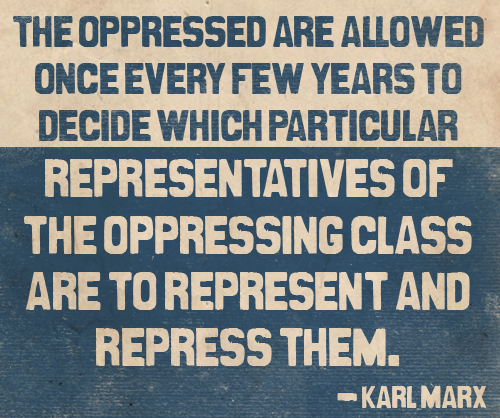Today in
Social Sciences, we have started the class asking Paqui our doubts about the project. Then Paqui has explained us the way of
correcting the projects and she has said that if we have doubts we have to go during the break time not in the class.
Then we have continued with the last point which we studied last day.Fernando has interrupted Paqui,
to tell her that he saw her ho channel on youtube. Paqui has said that she didn´t have anything on it. And she also has said that she only has time to correct some journals. Gemma has asked to Paqui if she could change the date of the
project, but Paqui hassaid she couldn´t. After that Elena has asked for the date of the
exam, and Paqui has answered her that we have to decide on the day, but outside and we
have to tell her on Wednesday. She has become a little bit angry because we were interrupting her all the time.
After five minutes of discussion about the
date of the exam we have continued with Luddism. We have checked what we studied last
day. Paqui has asking us questions.
Afterwards we have continued with the next point which refers to the “Political
Ideologies”. We have copied this scheme on our notebooks.
Paqui has said
that the first ideology which we will study was
SOCIALISM. She has written the definition on the blackboard.
Source: http://openclipart.org/people/worker/towards_socialism.svg
SOCIALISM:
Ideology based on the idea of making the means of production collective
(property of society).
We can
distinguish two branches : UTOPIAN SOCIALISM and SCIENTIFIC SOCIALISM.
Enrique
Pérez didn´t understand the definition of socialism very well, so he has asked to
Paqui and she explained it to him better.
Source: http://cdn.marketplaceimages.windowsphone.com/v8/images/fac85c65-9bbc-4cbe-a760-9dfa52602ec8?imageType=ws_icon_large
Paqui has changed Fernando of place, because he was speaking. We have continued studing the
propositions. We have to copy this on the notebook:
PROPOSITIONS
based on collective property and the idea that human are good by nature and
willing to cooperate. All this
propositions failed.
Paqui has asked us if we think that we are good people from nature. She has said that people aren't good from nature. This was one of the reasons utopian socialism didn't function.
We have seen some
propositions of some people some of them are philosophers.
·
ROBERT
OWEN: He owned a cotton fabric factory, he worried about his workers and
created a model community called New Lanark. He tried to extend his project to
the USA, but he failed.
·
COUNT
OF SAINT SIMON: He considered the kings, nobles and clergy to be useless and parasitical
groups. He promoted the abolition of inheritance and he trusted in progress
through industrialization.
Source: http://pensamientoarte.files.wordpress.com/2010/05/d25e31d1cec4a902_large.jpg
·
CHARLES FOURIER: He created the phalanstéres:
communities formed by 1,620 people, where every worker could choose the
activity they wanted to do. All the pharantéres failed.
Isabel has said that she couldn´t see, so some people have asked Paqui to make the text bigger with the zoom, but she couldn´t. Fernando couldn´t seeeitherand she has said to him to sit with María. At the end she has been able to make the text bigger with the zoom of the screen .
Paqui has continued explaining us the tree propositions. She has spoken about Warren Buffet,
but I couldn´t copy what she said because she was speaking very quickly, so if
you want to know something about him, you can search on google.Enrique
Manzanares and Roxana have asked some questions about this man.
We have spoken about Paris Hilton and we have said that she is very rich and she doesn’t need to
work. Her family is also very rich.
Here you have a link with information about Warren Buffett :
http://es.wikipedia.org/wiki/Warren_Buffett
Paqui has given some examples to explain the theory of Chares Fourier better .
For homework we have to read the information for the Anarchism.
Here you have two links to last year posts about what we have studied today.
http://todayinsocialsciences.blogspot.com.es/2012/01/robert-owen-new-lanark-and-new-harmony.html
http://todayinsocialsciences.blogspot.com.es/2012/01/charles-fouriers-phalanstere.html
GLOSSARY:
Willing to: dispuesto a
Useless: inútil
Parasitical: parásito
Activist: activista
Sick leave: baja por enfermedad
Charities: caridad.
Of age : mayor de edad
Come into age: llegar a la mayoría de edad.
utopian socialism: socialismo utópico
Phalanstère: falansterio
I am sure that I am going to have a lot of spelling mistakes. jaja
See you.












.jpg)








